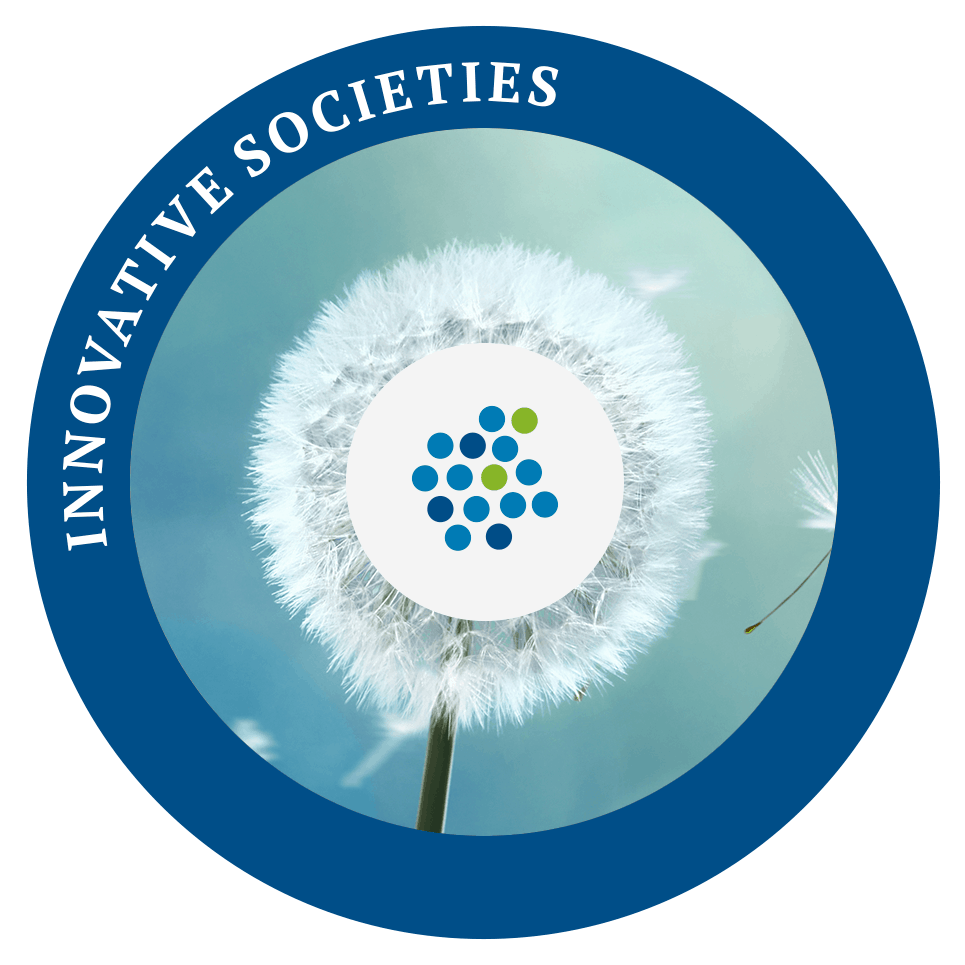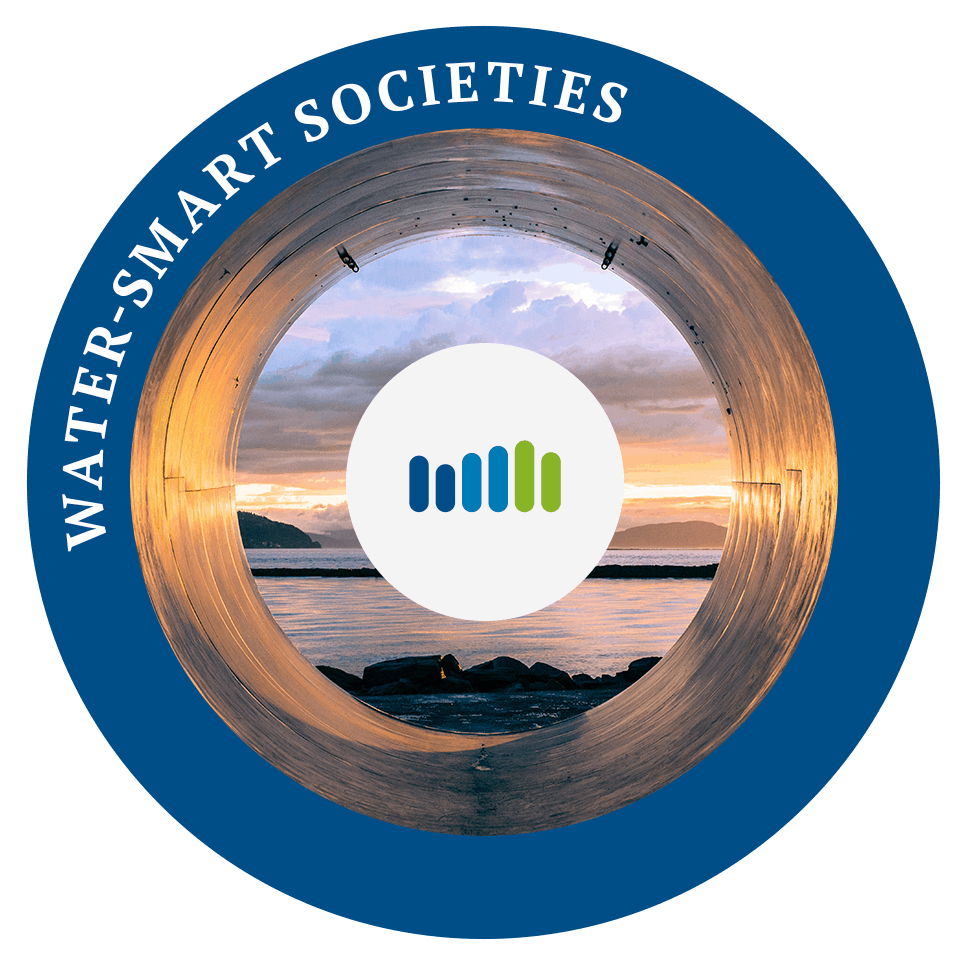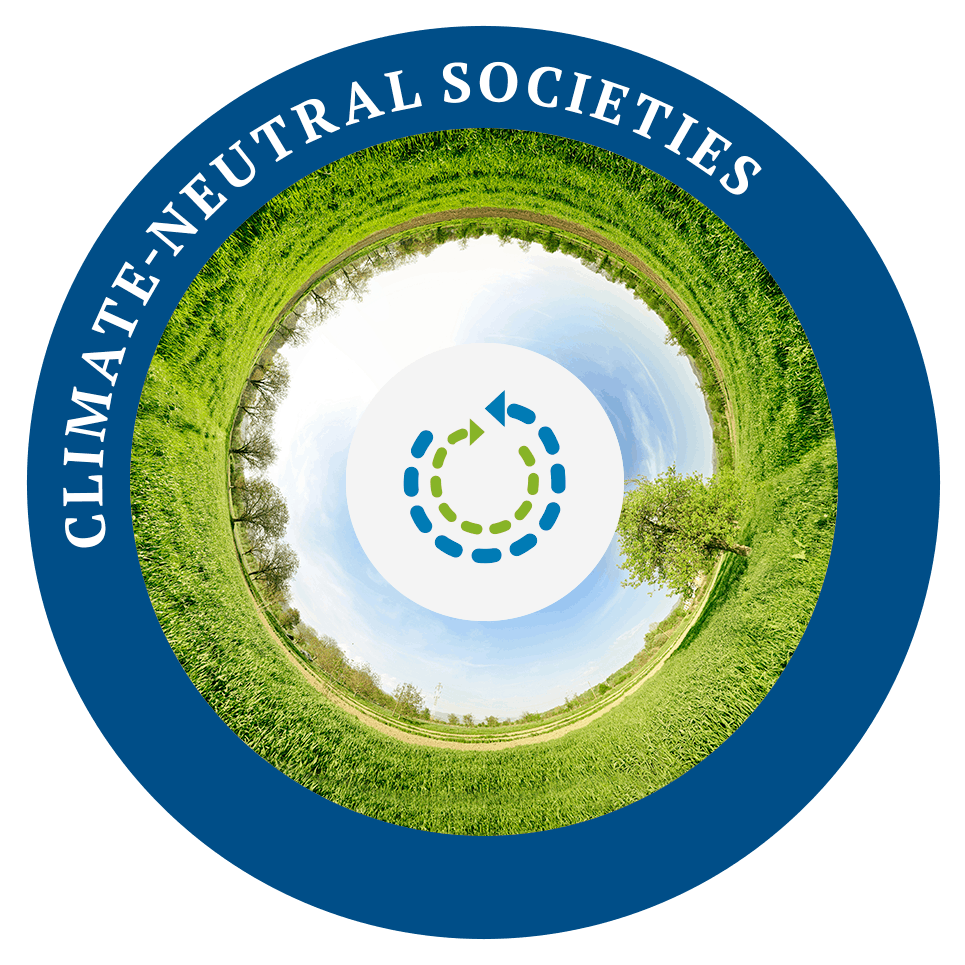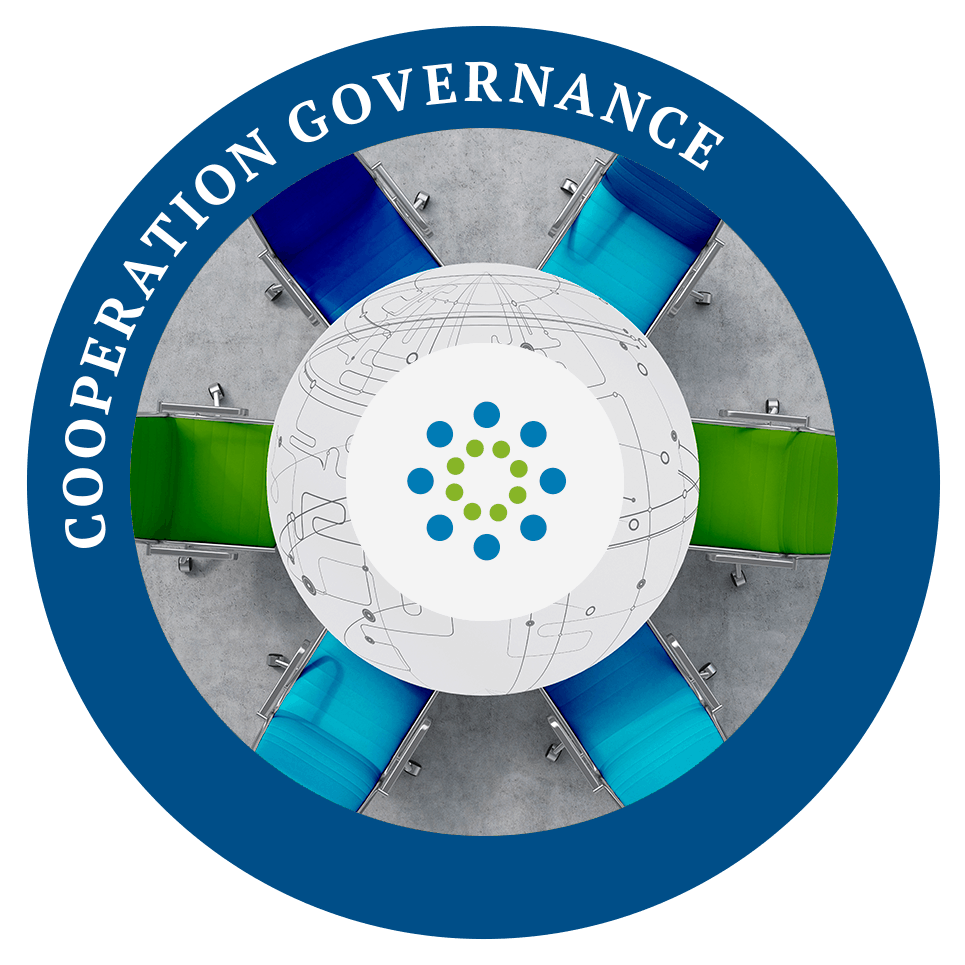priority 1: Innovative Societies
Objective 1.1
Resilient economies and communities
In this objective, the Programme supports actions that make both economies and societies more resilient. Innovative and resilient economies and societies are necessary for the long-term prosperity of the Baltic Sea region.
What is resilience?
Resilience is understood as the ability to respond to external disturbances such as severe recessions and financial crises, downturns of particular industries or major health crises.
Resilience also refers to a society characterised by strong social cohesion and a shared system of values. As unexpected shocks can create tremendous and persistent damage to the region, the Programme encourages actions that help to avoid unwanted external impacts, withstand them or recover quickly from them. This also implies being able to monitor potential vulnerabilities. Building Baltic Sea region resilience is understood as part of European efforts to achieve higher level of self-sufficiency in the critical sectors and strengthening identity based on common European values, culture and heritage.
Encouraging experimentation
Since the Baltic Sea region increasingly needs to cope with interlinked challenges, the Programme encourages experimentation, “thinking outside the box” and working across different sectors to find suitable solutions.
The solutions developed within this objective need to contribute to increasing innovativeness of the region. Wherever appropriate, the actions should consider uneven territorial developments, e.g. different effects of a disturbance on the urban and rural areas. Where suitable, the actions should untap the potential of digitalisation to increase adaptability of the region.
Support resilience building
Furthermore, the Programme pays special attention to adjustments of the innovation ecosystems to support resilience building. The ecosystem is understood as ability of multiple and interconnected stakeholders to work together effectively using available resources e.g. financial and human.
Existing policies and regulations as well as culture supportive to innovation are other important elements of the ecosystem. Furthermore, the solutions developed by projects should adapt smart specialisation approaches to reinforcing the region’s resilience at the macro scale. This implies finding the right balance between reducing dependency and connecting to global supply and value chains.
What can I do in my project?
Reduce dependecies
Develop models that reduce the dependency of the Baltic Sea region on global supply chains and increase the ability to produce critical goods in the region.
Redesign smart specialisation approaches
Redesign smart specialisation approaches and redefine connections to global value chains to strengthen resilience of the Baltic Sea as a macro-region.
Manage economic and societal challenges
Develop and test mechanisms that manage economic and societal challenges in the Baltic Sea region macro-region in a coordinated fashion, e.g. piloting smart health solutions.
Encourage sustainable consumption
Explore the potential of sustainable consumption patterns based on local services and goods and strengthen a common identity of the Baltic Sea region as a source of these goods and services.
Respond to sudden demand fluctuations
Explore solutions (e.g. digital) that enable services and production in the Baltic Sea region to scale and shrink in response to sudden demand fluctuations, minimising negative impact on human welfare.
Assist business
Explore solutions to assist business with recovery following unexpected external disturbances, e.g. develop new or adapt existing business support programmes, implement efforts to diversify the industrial base, develop risk management tools for whole sectors (e.g. creative industries) and risk response strategies.
Strengthen societal resilience
Pilot actions that strengthen societal resilience through cultural change, behavioural shifts and mobilising creativity, e.g. promoting smart working solutions, testing mechanisms supporting vulnerable social groups.
Strengthen cohesion and regional identity
Pilot actions that strengthen cohesion and regional identity by using culture as means for social inclusion and social innovation.
Better connect research and regional innovation systems
Pilot actions solving specific challenge in building resilience through better connections between research and regional innovation systems.
Get inspired by the ongoing projects
Sign-up
Newsletter Subscription
Four priorities & nine objectives
Four priorities for cooperation
Interreg Baltic Sea Region 2021-2027 creates opportunities for organisations to connect
as if there were no borders. With experience and EU funding, we help them cooperate and put their ideas into practice.
Jointly, we make the life of people around the Baltic Sea better.
The Programme is structured along with four priorities. They guide partners in achieving the most when cooperating across borders.
Priority 1
Innovative societies
1.1 Resilient economies and communities
1.2 Responsive public services
Priority 3
Climate-neutral societies
3.1 Circular economy
3.2 Energy transition
3.3 Smart green mobility
Overview: all the Programme objectives
Resilient economies and communities
Objective 1.1
under Priority 1: Innovative societies
Sustainable waters
Objective 2.1
under Priority 2: Water-smart societies
Circular economy
Objective 3.1
under Priority 3: Climate-neutral societies
Project platforms
Objective 4.1
under Priority 4: Cooperation governance
Responsive public service
Objective 1.2
under Priority 1: Innovative societies
Blue economy
Objective 2.2
under Priority 2: Water-smart societies
Energy transition
Objective 3.2
under Priority 3: Climate-neutral societies
Macro-regional governance
Objective 4.2
under Priority 4: Cooperation governance
Resilient economies and communities
Objective 1.1
under Priority 1: Innovative societies
Responsive public service
Objective 1.2
under Priority 1: Innovative societies
Sustainable waters
Objective 2.1
under Priority 2: Water-smart societies
Blue economy
Objective 2.2
under Priority 2: Water-smart societies
Climate-neutral societies
Objective 3.1
under Priority 3: Climate-neutral societies
Energy transition
Objective 3.2
under Priority 3: Climate-neutral societies
Smart green mobility
Objective 3.3
under Priority 3: Climate-neutral societies
Project platforms
Objective 4.1
under Priority 4: Cooperation governance
Macro-regional governance
Objective 4.2
under Priority 4: Cooperation governance
News
Food packaging in retail: how to reduce single-use packaging?
Do we really need all this packaging? Stores are full of all kinds of single-use packaging, from plastic to metal and cardboard. But is it really necessary...
(No title)
No One at 0%, No One at 100%: The Spider Web Model for Everyday Sustainability
We’ve created an easy-to-use tool designed to help you live more sustainably. The Spider Web Model is here to make circular living accessible for everyone, no...
PA Energy Online Workshop for Project Developers
PA Energy Online Workshop for Project Developers: “Partner Matchmaking & Idea Generation for Cooperation in relation to energy issues” (Online)...
Grand results of the first round of small projects!
Despite the winter scenery, the results of 17 finalised Interreg Baltic Sea Region projects are in full bloom! And behind them lie two years of intensive work across borders, mutual learning and inspiration, and connections that last.
Climate-neutral future at hand for Baltic Sea region cities
Turning a city into a climate-neutral one requires knowledgeable people, thorough planning and solid financial resources. But how can cities manage this transition smoothly? The Interreg project Climate-4-Case guides cities around the Baltic Sea on how to do that right.
Designing Interreg Baltic Sea Region that belongs to everyone
10 December 2025 Designing Interreg Baltic Sea Region that belongs to everyone Written by Eeva...









